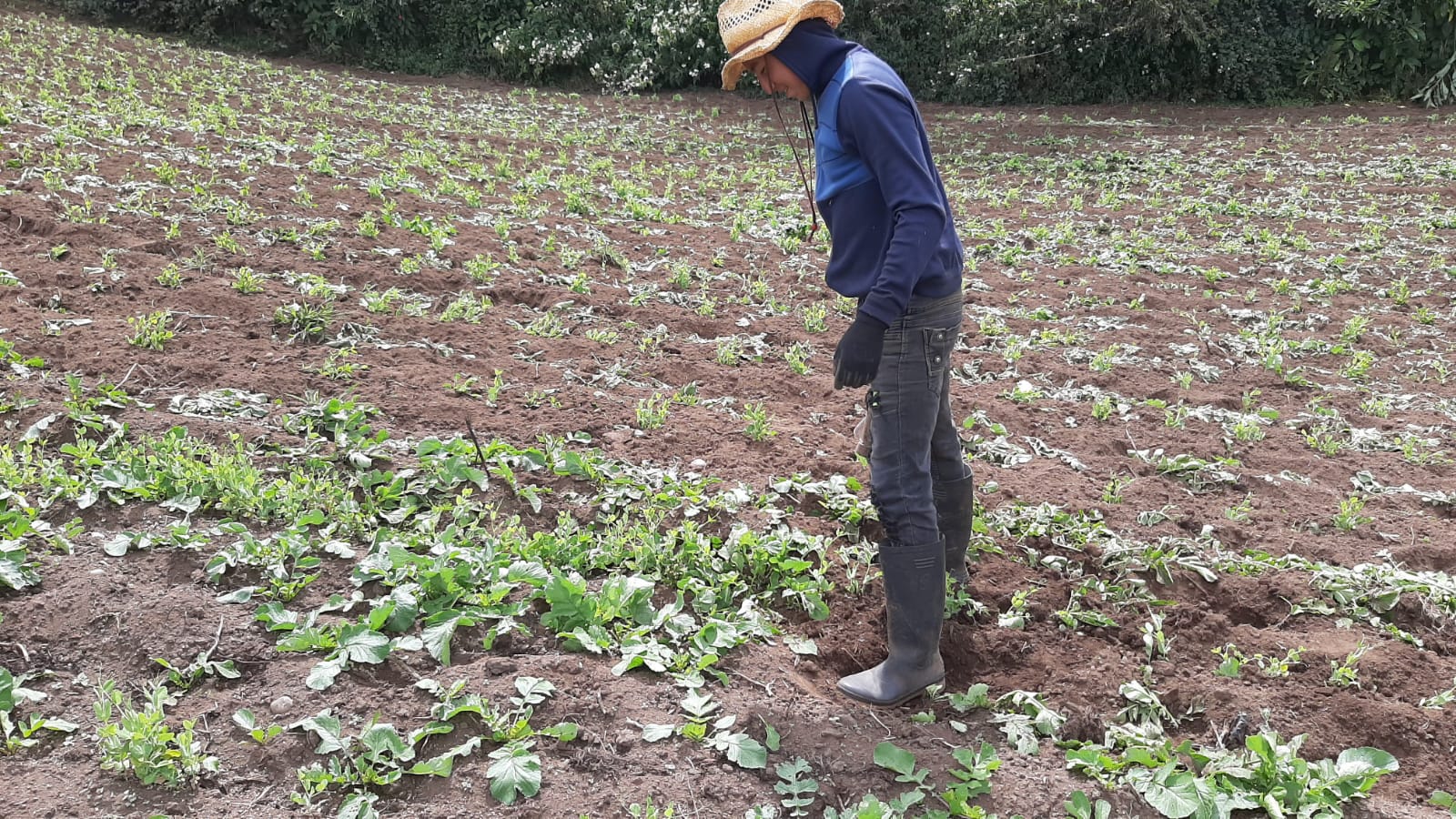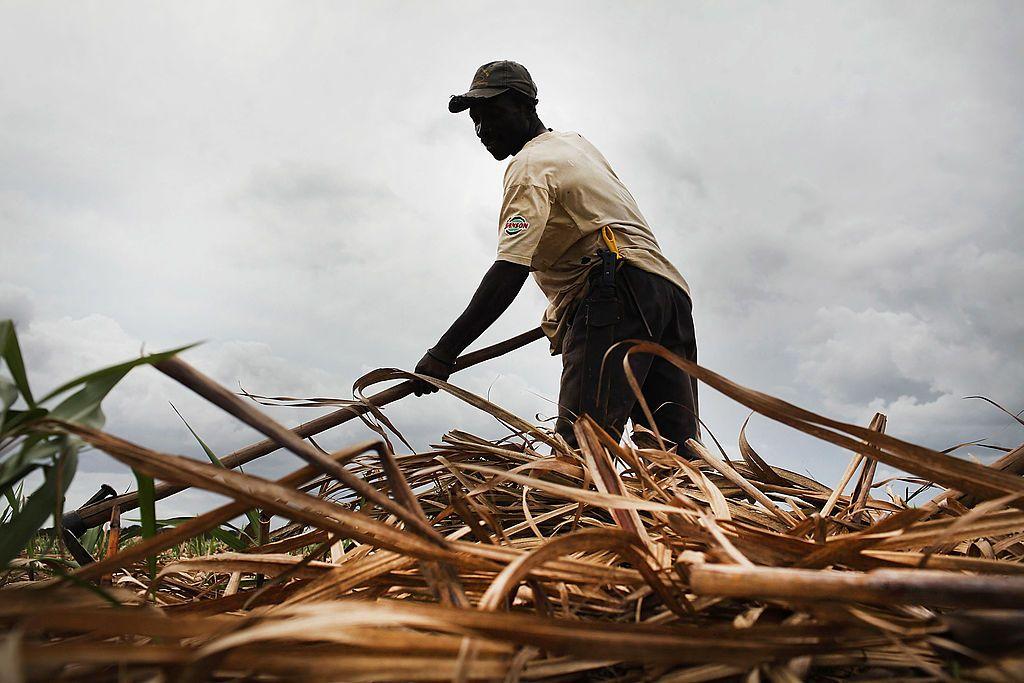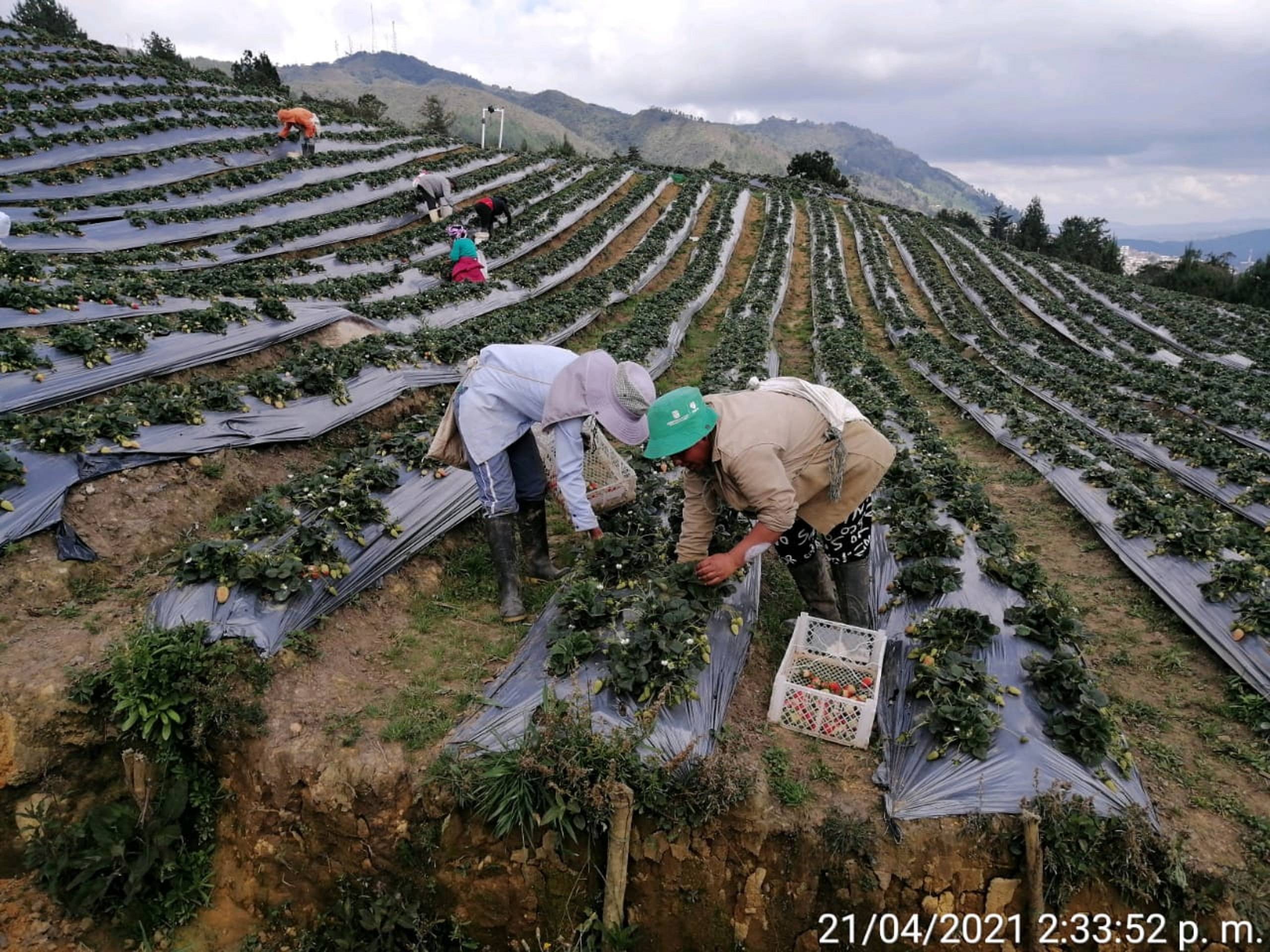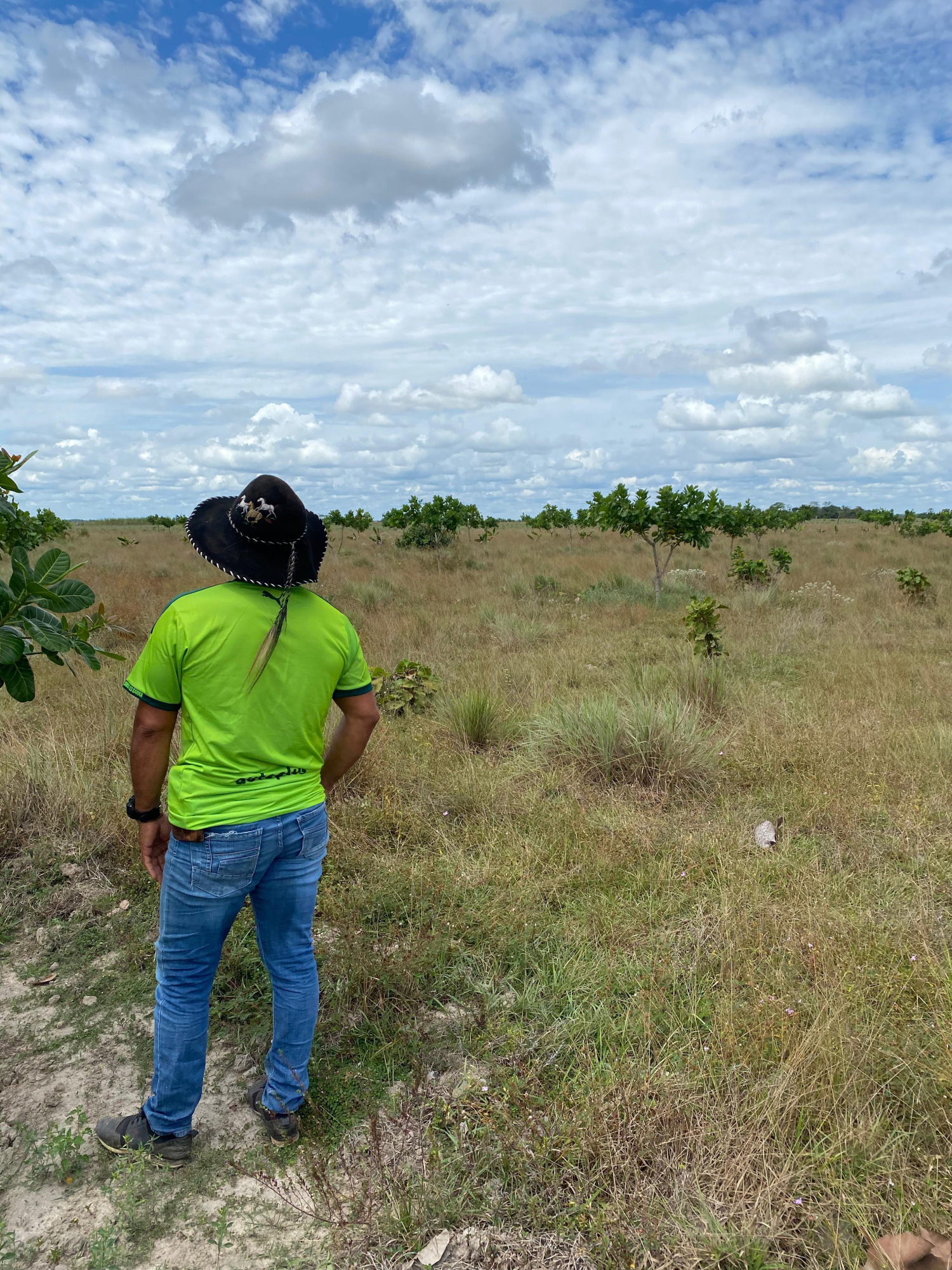Young people are key to the future of global agriculture and food, says FAO report

A new report from the Food and Agriculture Organization of the United Nations (FAO) sheds light on a previously understudied sector: youth in agri-food systems. The document, titled "The Status of Youth in Agri-Food Systems," provides an unprecedented snapshot of the role, challenges, and potential of young people in the sector that feeds the world.

One in four young people worldwide suffers from food insecurity, according to a FAO report. Photo: Provided to EL TIEMPO
This study, structured as a complement to the report on the situation of women in agri-food systems published in 2023, uses data organized by region, income level, and rural-urban areas to offer a comprehensive analysis. One of the report's main conclusions is clear: "Young people need agri-food systems, and agri-food systems need young people."
Globally, 1.3 billion people are between the ages of 15 and 24, and 85% of them live in low- or lower-middle-income countries. In regions such as sub-Saharan Africa and South Asia, where youth populations continue to grow, the agri-food sector is a critical avenue for youth employment. In contrast, in high-income countries—where there are fewer rural youth—these systems face the challenge of attracting new generations.

44% of young workers are employed in agri-food systems. Photo: Getty Images
The report emphasizes that "agri-food systems constitute a fundamental source of livelihoods for young people," especially in countries experiencing protracted crises, where 82% of employed youth work in this sector. However, it also reveals high vulnerability: food insecurity among young people increased from 16.7% to 24.4% between 2014 and 2023, with Africa being the most affected region at 42.7%.
Persistent gaps The report highlights significant inequalities based on gender, geographic location, and socioeconomic status. For example, only 20.5% of rural girls in countries with agri-food systems in protracted crisis complete lower secondary education, compared to 98% in countries with industrialized agri-food systems. Furthermore, by 2023, more than 20% of young people globally were neither in employment, education, nor training (a category known as "NEETs"), and two-thirds of them were women.
In terms of access to resources, rural youth face structural obstacles, from a lack of land to limited access to financing. “Access to land determines youth participation in agriculture,” the report emphasizes, noting that late inheritance, fragmented land plots, and patriarchal norms particularly limit young women.

In countries experiencing crisis, up to 82% of young people work in agri-food systems. Photo: Private Archive
Faced with this situation, the report proposes a necessary transformation: “The inclusion of young people in agri-food systems is a fundamental aspect of the 'leave no one behind' principle and is essential to helping young people achieve their aspirations and goals.”
The document also emphasizes the role of technology as an ally. Eighty-one percent of young people between 15 and 24 years old use the internet, compared to 68% of adults, and digital technologies represent a key opportunity to close gaps, access markets, and improve productivity.
Furthermore, the FAO warns of the need for public policies focused on rural youth, safe migration, technical training, access to credit, and employment formalization. "Productivity growth on and off farms is essential to ensuring that agri-food systems benefit youth," the report states.

The inclusion of young people in the workforce could increase global GDP by 1.4%, according to FAO. Photo: Johan Remolina
In economic terms, the employment of young NEETs could increase global GDP by 1.4%, or $1.5 trillion. Of this total, around 45% would come from jobs in agri-food systems, equivalent to around $680 billion.
In short, the report concludes that ensuring inclusive, sustainable, and resilient agri-food systems is not only possible, but essential for the future of the planet: “Having inclusive agri-food systems for young people is essential to achieving the Sustainable Development Goals.” But achieving this requires strong political commitment, sustained investment, and a comprehensive approach that combines structural transformation with youth empowerment.
Environment and Health Journalist
eltiempo





